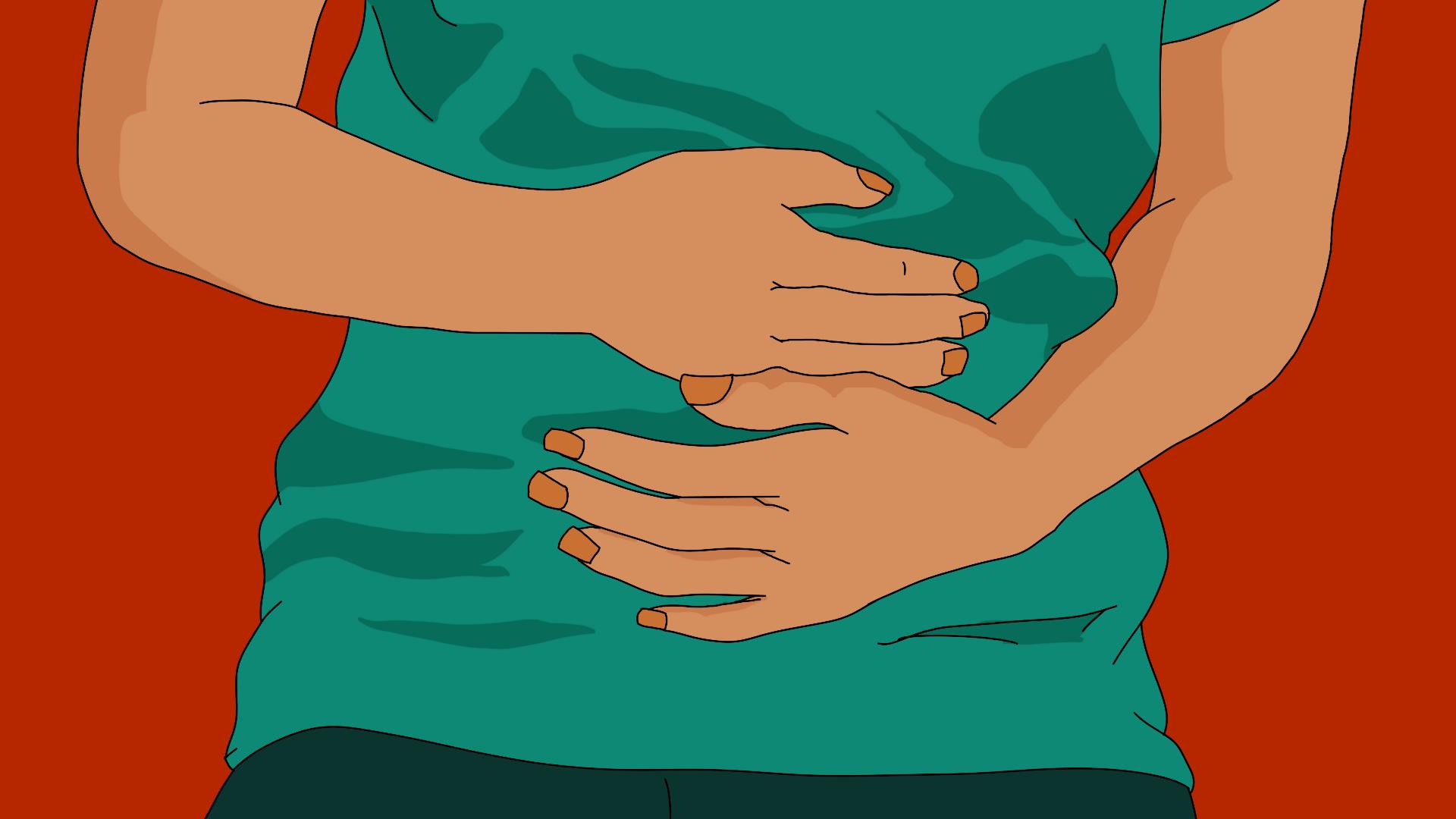🎧 Listen to: Stomach Ulcer (s)

Stomach Ulcer
What is a stomach ulcer?
A stomach ulcer is a painful sore on the lining of your stomach. It happens when the mucus protecting the stomach thins, letting digestive acids damage the stomach tissue. Though ulcers can usually be treated easily, they can get worse if ignored.
What are the misconceptions about stomach ulcers?
Hunger or skipping meals doesn’t cause ulcers, though it may make symptoms worse.
What causes stomach ulcers?
- H. pylori infection: A bacterium that affects the stomach lining.
- Long-term use of NSAIDs: Medications like aspirin, ibuprofen, or naproxen.
- Zollinger-Ellison syndrome: A rare condition causing excessive acid production.
What are the symptoms of stomach ulcers?
- A burning pain in the stomach (worse when hungry)
- Weight loss and loss of appetite
- Nausea, bloating, or acid reflux
- Heartburn
- Pain that improves after eating or taking antacids
- Dark stools or vomiting blood (serious warning signs)
How are stomach ulcers diagnosed?
- Blood, stool, or breath tests for H. pylori
- Endoscopy: A tube to check for ulcers
- Barium swallow: X-ray to see ulcers
What is the treatment of stomach ulcers?
- Antibiotics for H. pylori
- Proton pump inhibitors to reduce stomach acid
- H2 blockers and probiotics may also help
